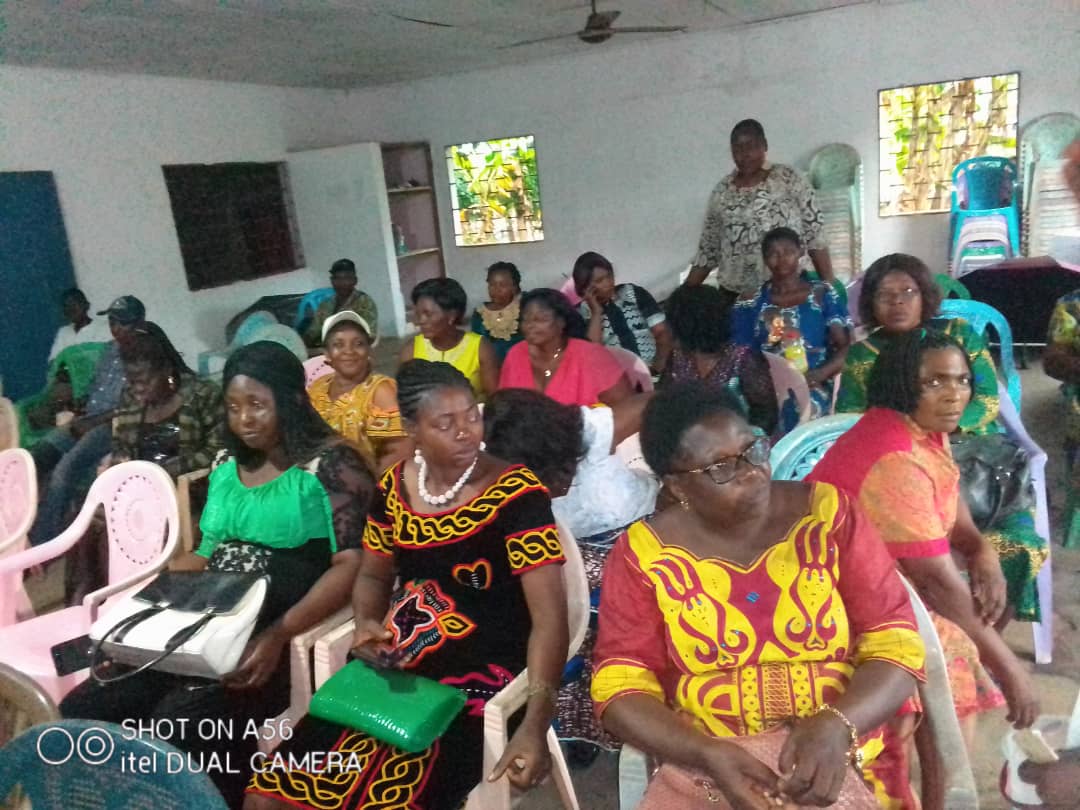
MUSUD’s Annual Report 2024: Achievements, Challenges, and the Road Ahead for Sustainable Progress
As the world grapples with rapid environmental change, economic volatility, and social inequalities, the importance of sustainable urban development has never been clearer. The Municipalities for Urban Sustainability and Development (MUSUD) continues to rise to this global challenge. Its 2024 Annual Report provides a comprehensive overview of its achievements, the hurdles it has faced, and its vision for the future. Here's a breakdown of the key highlights and insights from the report.
A Year of Significant Achievements
2024 marked a transformative year for MUSUD, with progress across multiple fronts—policy reform, urban development, environmental sustainability, and stakeholder engagement.
1. Green Urban Infrastructure Expansion
One of MUSUD's flagship achievements in 2024 was the successful implementation of green infrastructure projects in over 40 municipalities. This included:
-
Construction of eco-parks, rain gardens, and urban wetlands
-
Integration of green roofs and vertical gardens in public buildings
-
Expansion of non-motorized transport lanes in 15 urban centers
These efforts not only enhanced urban aesthetics but also contributed significantly to carbon capture, stormwater management, and urban biodiversity.
2. Policy Advancements for Inclusive Development
MUSUD played a key role in facilitating policy dialogues and municipal law amendments to ensure more inclusive urban governance. In 2024:
-
Over 25 municipalities adopted new frameworks supporting gender-responsive urban planning
-
Affordable housing regulations were passed in 12 cities to protect low-income communities from gentrification
3. Strengthening Community Participation
To ensure that development is people-centered, MUSUD intensified its community outreach programs, including:
-
Hosting municipal innovation labs that engaged youth and marginalized groups
-
Rolling out citizen feedback dashboards to increase transparency in urban projects
-
Launching the #MyCityMyVoice campaign which collected over 150,000 public submissions influencing city budgets and priorities
Challenges That Shaped the Year
While 2024 brought many successes, MUSUD also encountered significant challenges that tested its adaptability and resilience.
1. Climate-Induced Setbacks
Severe climate events—including urban flooding, droughts, and heatwaves—disrupted infrastructure projects and displaced communities in several municipalities. These incidents highlighted the urgency of climate-resilient planning and the need for early warning systems.
2. Funding Constraints
Limited access to international climate finance and delays in domestic budget disbursements slowed down key sustainability projects. MUSUD reported that nearly 20% of its planned green transition initiatives were postponed due to budgetary issues.
3. Capacity Gaps in Local Governance
Many local governments still face challenges related to technical expertise, digital infrastructure, and urban data management. This limited the ability of some municipalities to scale or replicate successful MUSUD programs.
Looking Ahead: The Roadmap for 2025 and Beyond
Despite the hurdles, MUSUD remains firmly committed to its mission of fostering sustainable and inclusive cities. The Annual Report outlines an ambitious, multi-pronged strategy for the future.
1. Scaling Climate Action
MUSUD plans to deepen its climate resilience agenda by:
-
Developing a Climate Adaptation Toolkit tailored for small and medium cities
-
Partnering with global climate funds to unlock new financing streams
-
Expanding urban forestation programs in arid and semi-arid regions
2. Digital Transformation of Urban Management
Digitalization will be a key focus in 2025, with initiatives like:
-
A Smart Municipalities Platform for data sharing and performance tracking
-
Capacity-building programs for local officials in GIS mapping, AI for urban services, and digital governance
-
Piloting blockchain-enabled property and land registries
3. Boosting Regional Collaboration
MUSUD aims to strengthen cross-city networks and learning exchanges through:
-
The creation of Regional Sustainability Hubs
-
Hosting an Annual Urban Futures Forum to bring together thought leaders, city mayors, and urban innovators
-
Encouraging South-South cooperation in sustainable technology transfer
Conclusion: A Strong Foundation for Sustainable Progress
MUSUD’s 2024 Annual Report reflects an organization that is not only navigating complexity but also leading with vision and purpose. By fostering resilient urban systems, empowering local communities, and driving collaborative action, MUSUD is laying the groundwork for a sustainable urban future.
As we look toward 2025 and beyond, one thing is clear: with the right partnerships, policies, and public engagement, sustainable cities are not just a possibility—they are within reach.

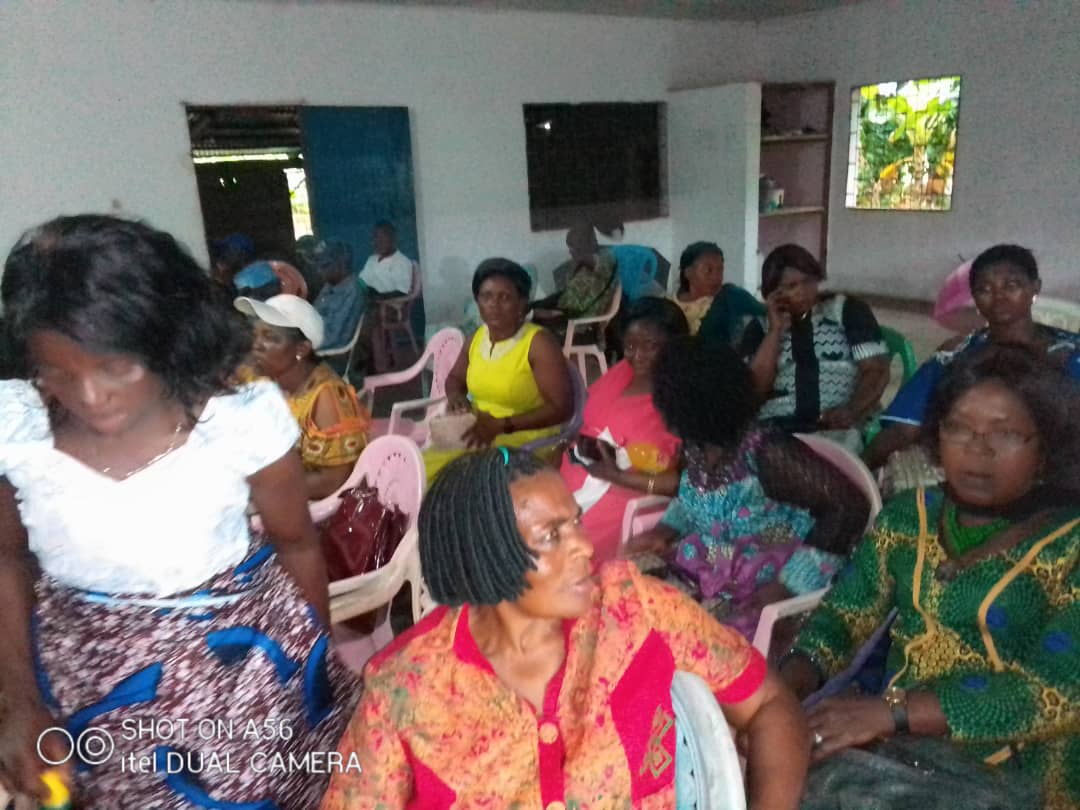
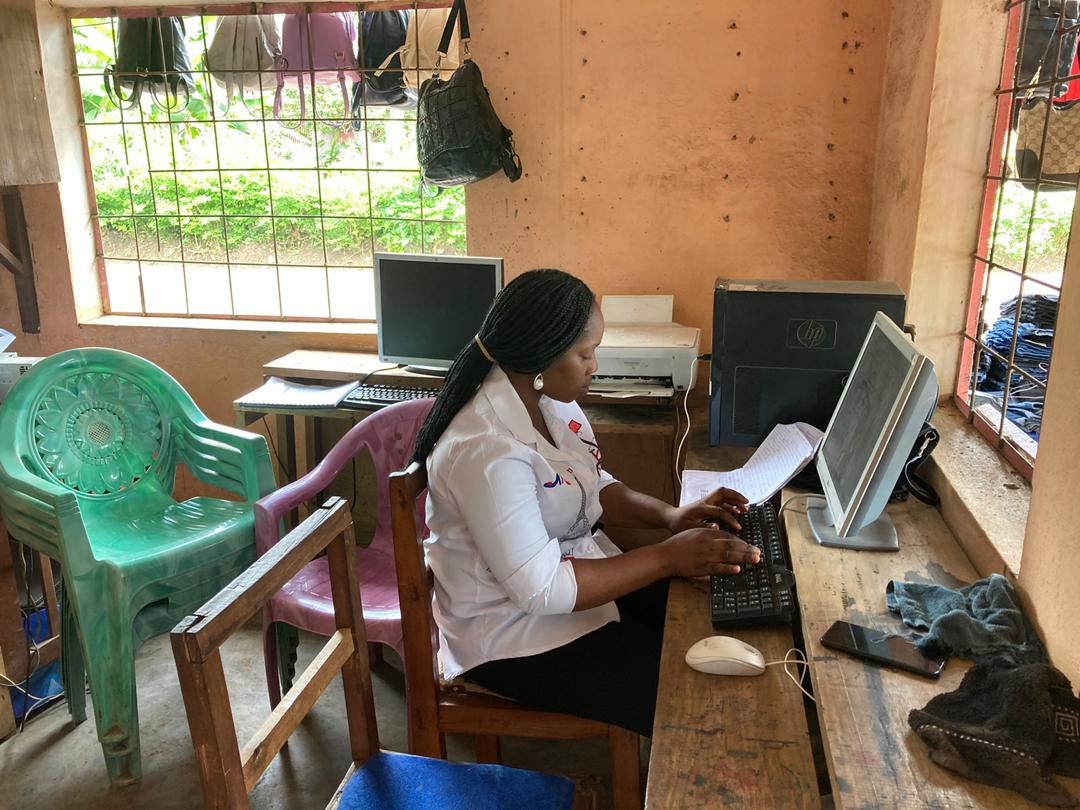
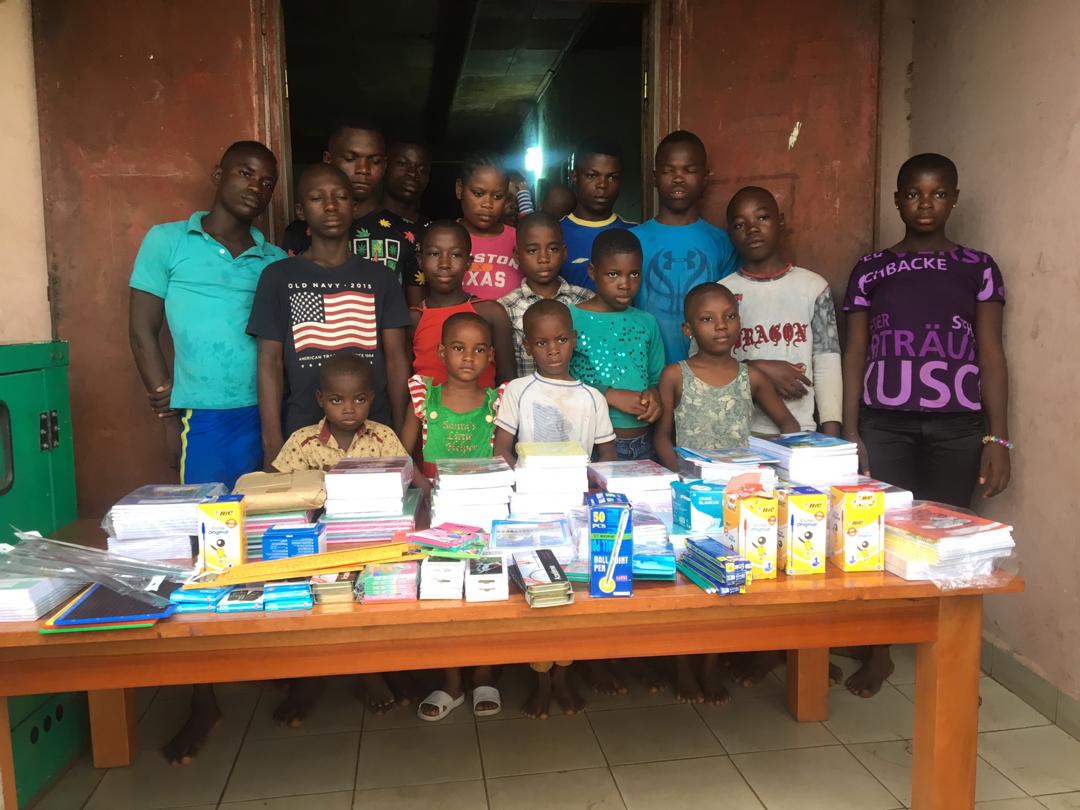
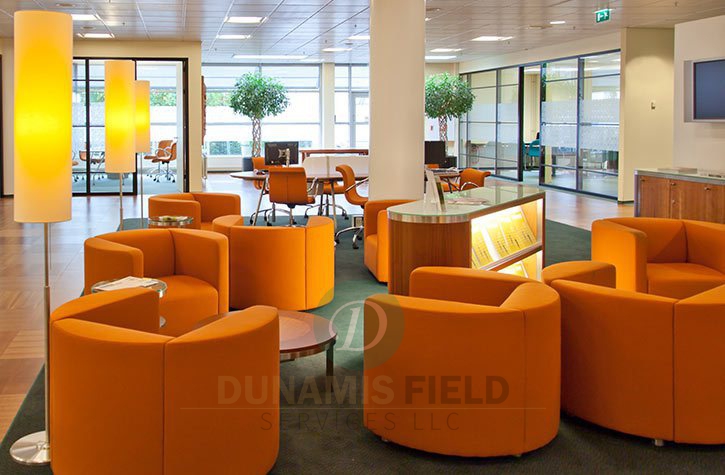
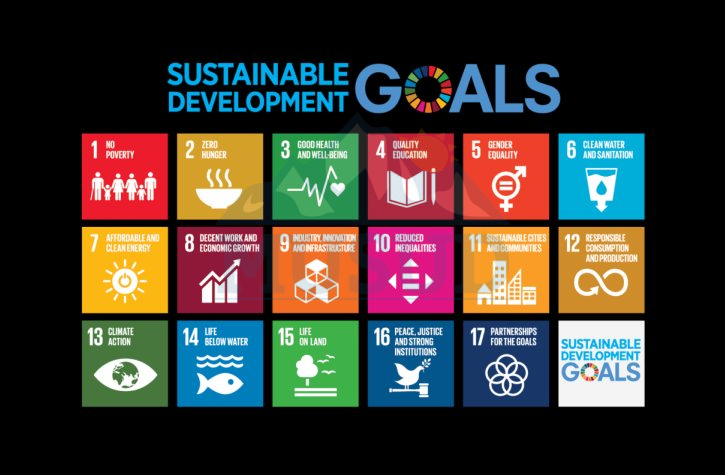
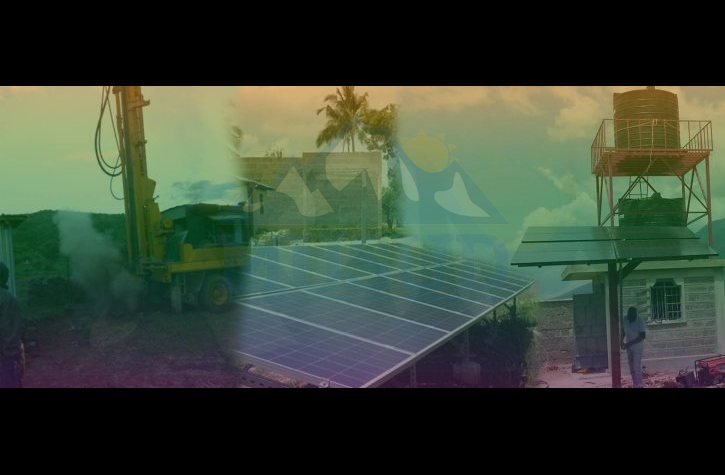

Comments on Post